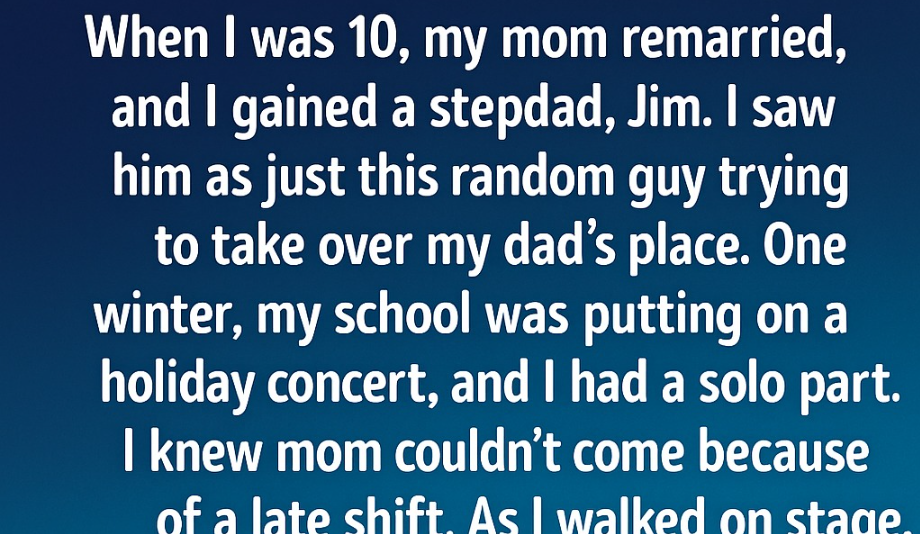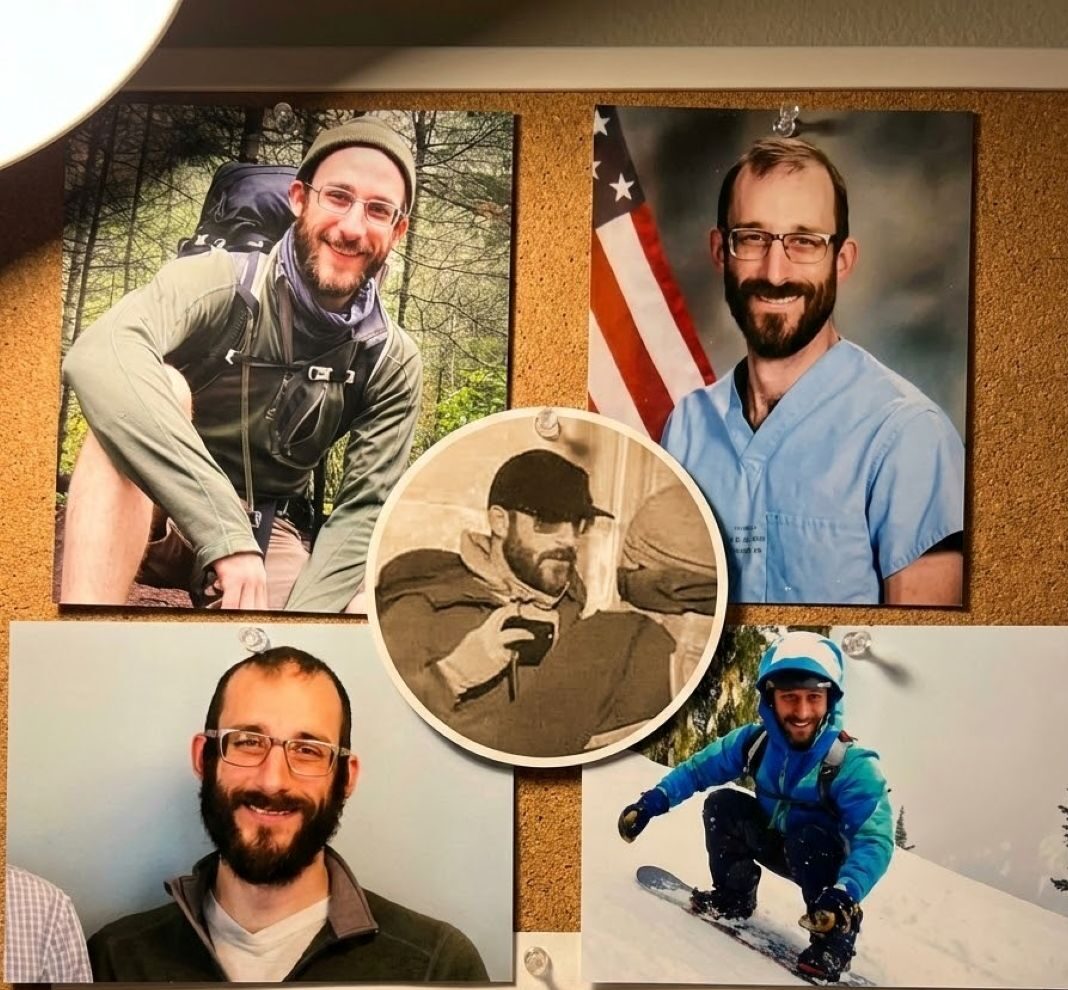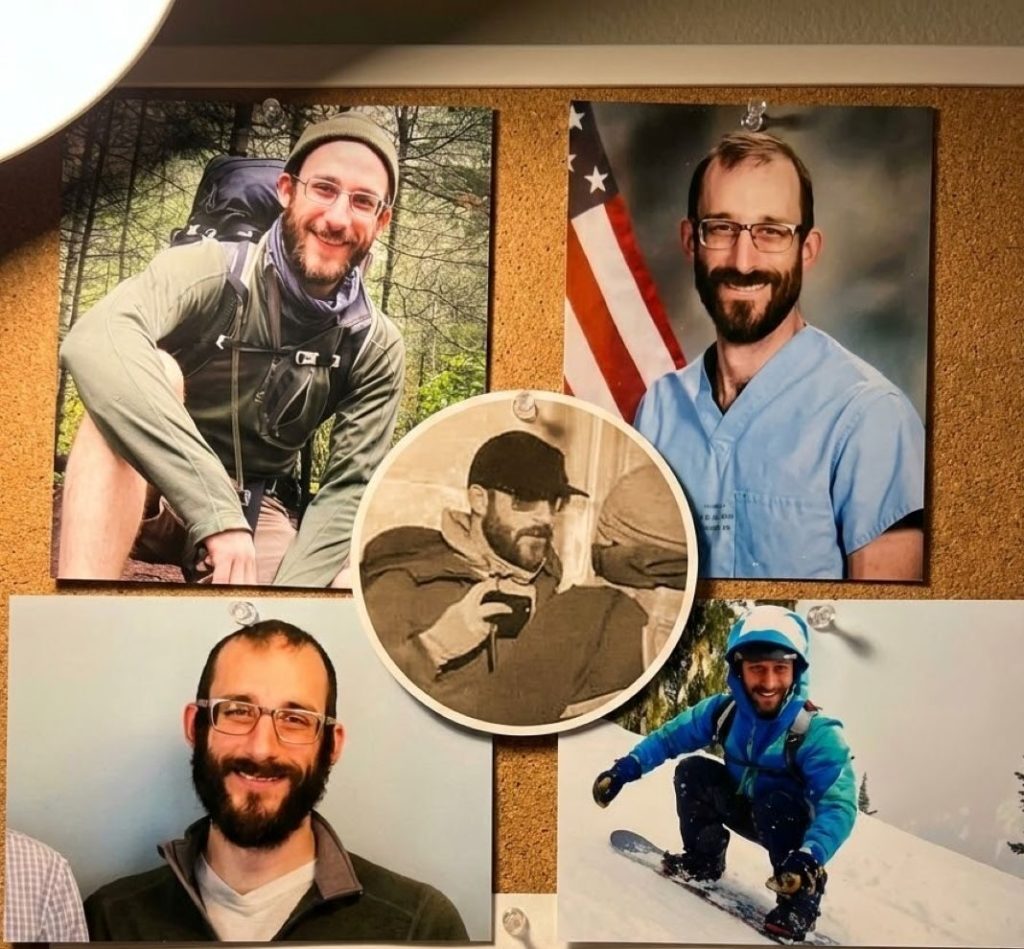When I was 10 years old, my mother entered a new chapter of her life by marrying Jim, who became my stepfather. Initially, I viewed him as an outsider, someone attempting to fill a role that wasn’t his. I kept him at arm’s length, hesitant to let him into my world. That winter, my school organized a holiday concert, and I had earned a small solo part. My mother, tied up with a late work shift, couldn’t attend, which I understood but still felt the sting of her absence. As my moment to perform arrived, I stepped onto the stage, gazed out at the crowd, and suddenly found myself paralyzed with fear.
My voice caught in my throat. My hands shook uncontrollably. Then, cutting through the silence, a bold voice echoed from the audience: “You can do this!” The encouragement jolted me, and when I squinted into the crowd, I spotted Jim—standing proudly, clapping with enthusiasm, his smile radiating belief in me. In that instant, something within me softened. The knot of anxiety loosened, and I drew in a steadying breath.
This time, my voice found its strength, the melody flowed, and by the end, a smile spread across my face. When the concert concluded, Jim was there, holding a warm cup of hot chocolate from the cafeteria. He didn’t deliver a grand speech or act like he’d saved the day. Instead, he simply said, “I’m so proud of you.”
That experience reshaped my perspective. Jim wasn’t trying to step into my father’s shoes—he was showing up for me in the moments that counted. From that day forward, Jim was no longer merely “the man my mom married.” He became my stepfather, my champion, and someone I proudly called family.








